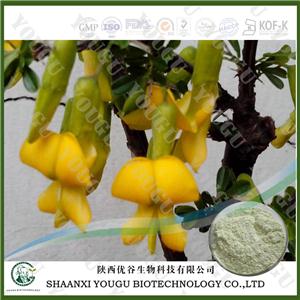网站主页
(7S,7AR,14S,14AR)-十二氢-7,14-亚甲基2H,6H-联吡啶并[1,2-A:1′,2′-E][1,5]二氮辛
Herbal medicine extract manufacturer supply isoflavones genistein phytoestrogens
Herbal medicine extract manufacturer supply isoflavones genistein phytoestrogens
genistein
陕西 更新日期:2016-03-22
Shaanxi Yougu Biotechnology Co.,Ltd
非会员
联系人:Taylor Cai
邮箱:yougu-gm@yougubio.com
产品详情:
- 中文名称:
- Herbal medicine extract manufacturer supply isoflavones genistein phytoestrogens
- 英文名称:
- genistein
- CAS号:
- 446-95-7
| 成立日期 | |
| 注册资本 | |
| 员工人数 | |
| 年营业额 | |
| 经营模式 | 贸易,工厂 |
| 主营行业 | 植物提取物,黄酮类,多糖和糖苷,多糖和糖苷,中草药提取物 |
Herbal medicine extract manufacturer supply isoflavones genistein phytoestrogens相关厂家报价
-
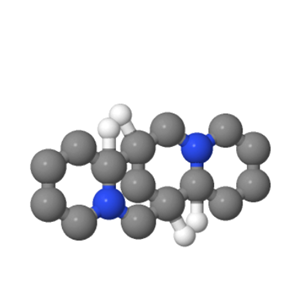
- 446-95-7
- 陕西缔都医药化工有限公司 VIP
- 2026-01-21
- 询价
-
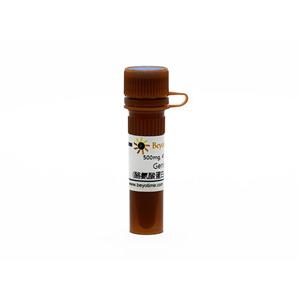
- Genistein (酪氨酸蛋白激酶抑制剂)
- 碧云天生物技术有限公司
- 2026-02-15
- 询价
-
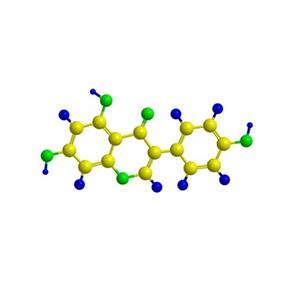
- 水溶性染料木素、染料木素脂质体、纳米包裹染料木素、染料木素脂质体、水溶性大豆异黄酮
- 湖州浦瑞生物医药技术有限公司 VIP
- 2026-02-13
- 询价
-
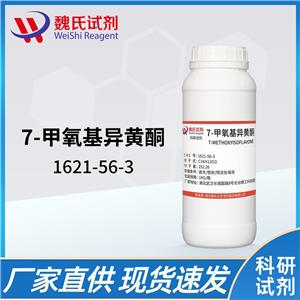
- 7-甲氧基异黄酮—1621-56-3 魏氏试剂 7-methoxy isoflavones
- 湖北魏氏化学试剂股份有限公司 VIP
- 2026-02-10
- ¥548

